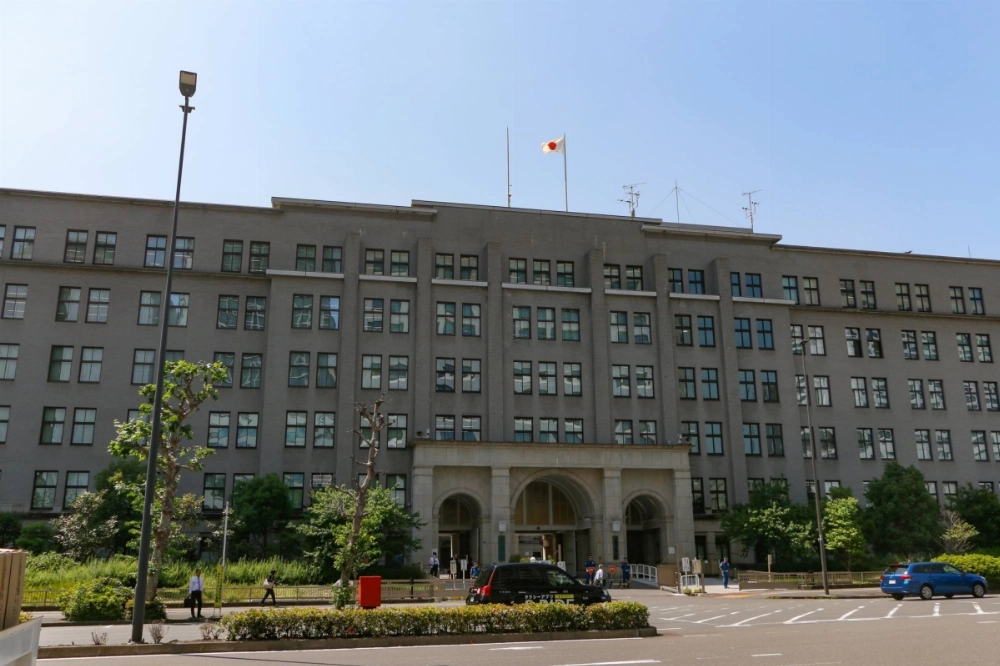Superlong Japanese yields jumped after an auction of 40-year sovereign bonds met the weakest demand since July, adding pressure on the government to reduce issuance.
The 40-year yield rose 5 basis points following the sale, to 3.335% as of 4:20 p.m. in Tokyo, while the 30-year rate jumped 7 basis points. Yields on both maturities last week reached the highest on record after the lowest demand since 2012 at an auction of 20-year bonds.
"The fact today’s auction didn’t go very well supports the narrative that the government will adjust its issuance of super-long bonds,” said Kazuhiro Sasaki, head of research at Phillip Securities Japan.

















With your current subscription plan you can comment on stories. However, before writing your first comment, please create a display name in the Profile section of your subscriber account page.